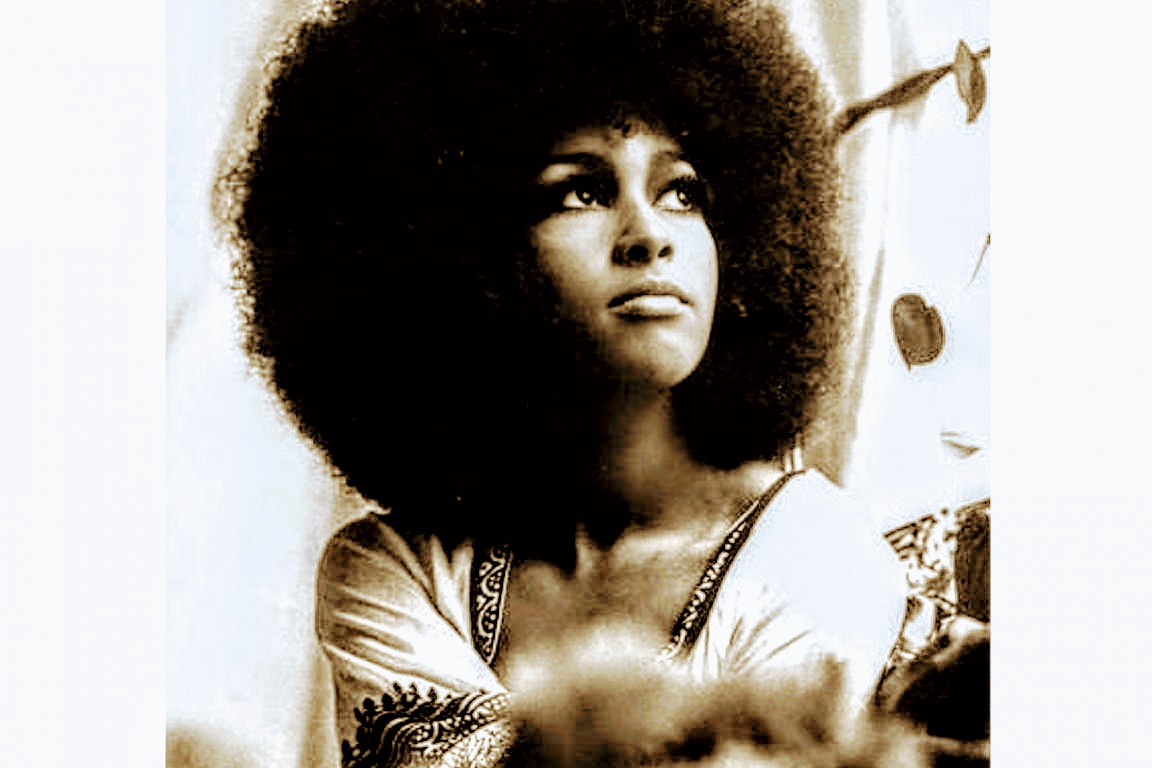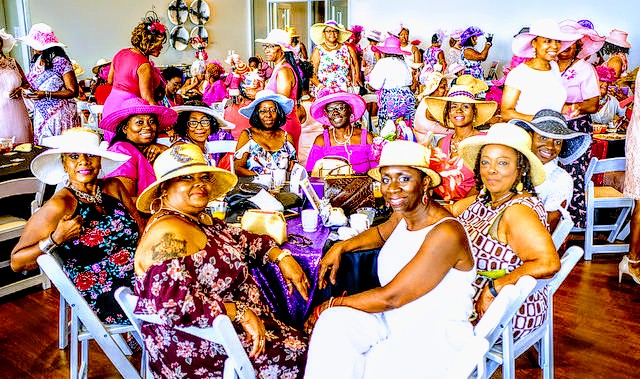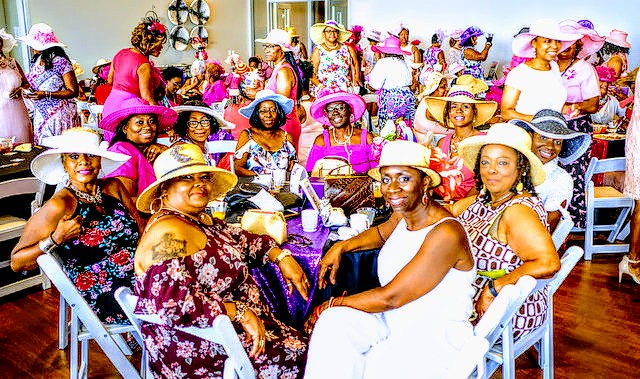As protests continue to manifests all over the world, in the murder of George Floyd, many people have given their voices. Many people, from different cultures, ethnicities, and even religions, have vocalized their dismay, sadness, and anger, over the murder of George Floyd. Watching the video as the police officer (whose name will not be mentioned) kept his knee on George Floyd’s neck for 8 minutes and 46 seconds, squeezing the very breath out of him, was agonizing for those, who could even sit through and watch the video. Many have given their voices, their breaths, their words.
Spaces have been named for George Floyd, and there are a number of places, even in foreign lands, where his name is being vocalized. Simultaneously, as we continue to call on the name of George Floyd, let it be known that he is not simply a Black man, who is “motherless.” In fact, he does come from a culture, a community. Furthermore, he does come from a culture of women-Black American women. Simultaneously, how many of their voices are being heard? Those women, whose mothers are the descendants of women who labored and toiled in Southern, cotton fields. Carrying the legacy of their existence, and ensuring that their people continue to exist. it is those particular women, whose bodies had to continue to create, and re-create, culture, as a form of survival. As we watch different nations, ethnicities, and communities of people join in protests against the murder of George Floyd, it is becoming evident that once again, Black American women’s voices are getting drowned out, and placed as the backdrop. No, I am not speaking about prominent Black American women leaders and persons, who are called upon to make resistant speeches. After all, that is not the only image or presence of Black American motherhood. . .or womanhood! In fact, too often, when Black Americans are even granted visibility, its often in the case of struggle or protest. Very rarely is it presented with emphasis on nurture, and how many Black American women and mothers have created holistic spaces and wellness, within their own communities.
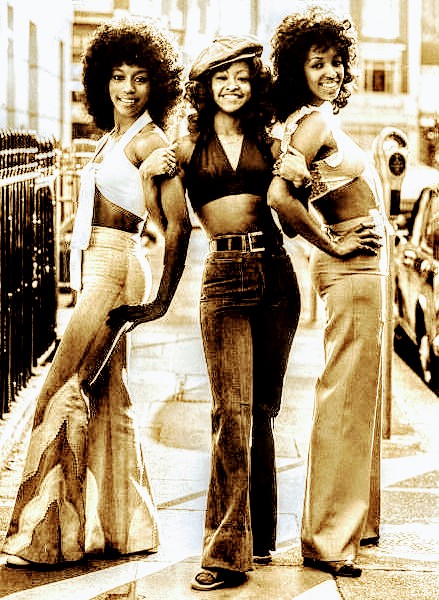
Even with the vigilance of Black American mothers, and maidens, at the protests, and within reform spaces, conversations are being dominated by men and women outside of the community. The naturalness of Black American womanhood is being overshadowed, once again. Practices of “the savior complex,” is coming out, in regards to non-Black American women activists and supporters. This notion of “coming in to save Black American men” from their plight and culture,” is being demonstrated. With that being stated, here are strategies and behaviors that non-Black American women supporters can practice, in order to be authentic Sister friends and allies!
1. Know That Black America is not a “men’s only” community!
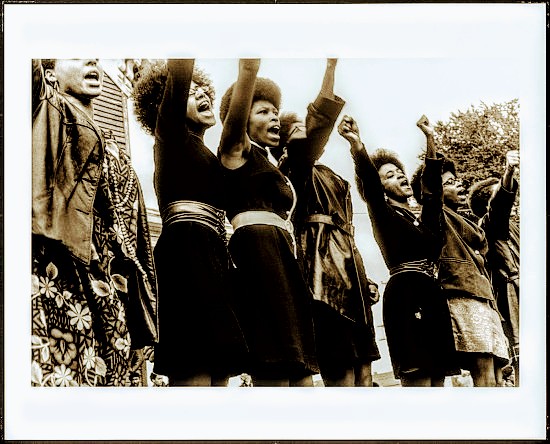
As you are protesting the death of George Floyd, you should also be equally as outraged at the murders of Breonna Taylor, and the over 50 Black American women (those that have been documented), who have been gunned down and murdered by police officers. If you are not as sad or sympathetic to the murder of Black American women and daughters, do you really support Black American people?
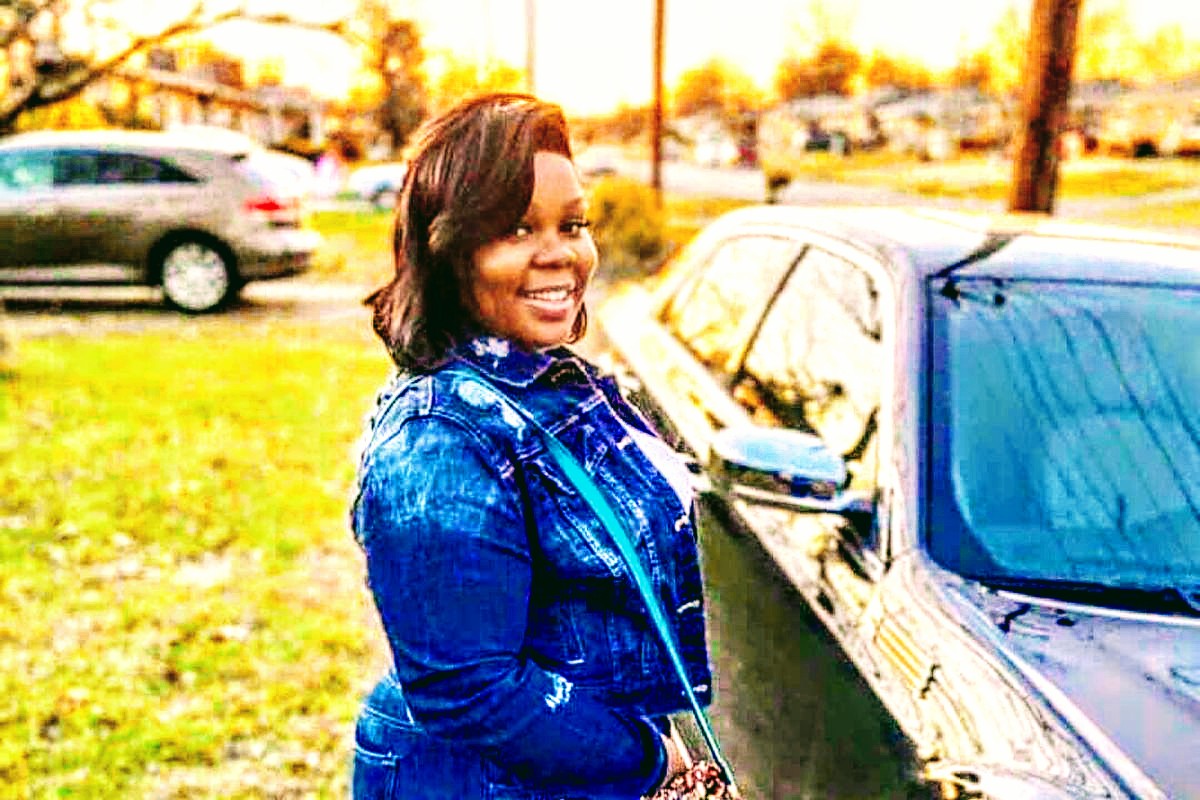
2. Connect With Black American women in providing support!
As a woman, whenever you enter into another community, the first people, you should connect with are, the women. Period. Black America is no different. Ask active-working (and true community supporters) Black American women in the community, what is it that is needed? What resources is the community lacking? In turn, you can go back to your perspective community, and see how equal trading and support can be conducted.
3. Educate About Racism within your own communities. Remember that Black American women are able to interpret racism within our own communities because we experience it, daily. We don’t need people to come in and try to “teach us” (or analyze for us) about racism (and sexism).
Black American women are well versed about our culture, communities, and problems. Too often, when a number of supposed women (and men) “allies” enter into the community, they come in with heirs of superiority. Bringing in attitudes of going to “educate” the women about our communities. Ignoring the skills and intelligence that Black American women already have about our men, sons, and communities. It is another form of racism, where too many women “allies” enter, as if their femininity and womanhood, can “do a better job” of helping Black America, and elevating the community. Newsflash, it doesn’t. If you want to educate about racism, start within your own communities. That is much more effective than trying to teach another culture of women what they already know.
4. As opposed to trying to speak for Black American women, direct others to Black American women, who are active in their communities. Do not try and take over the conversation on race relations.
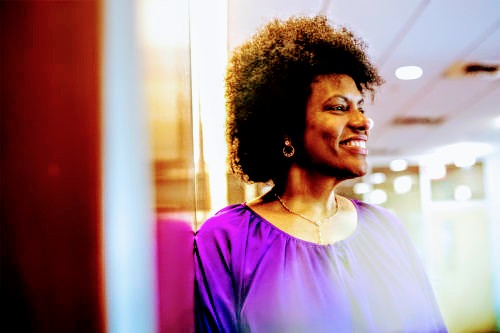
Often, Sister “allies,” use the experiences of Black American communities to talk over the people, and women, of the culture. Wanting to dominate the conversation, while serving as “experts” over the topic. Before you do that, pause yourself. If it would bother you for the inverse to happen, 9 times out of 10, Black American women would not like it, either. The women of our culture are the experts, and should be the one’s who direct the conversation. Its the same as every woman, within her own culture.
5. Learn about beautiful things in Black American communities, and the cultural things being produced by Black American women.
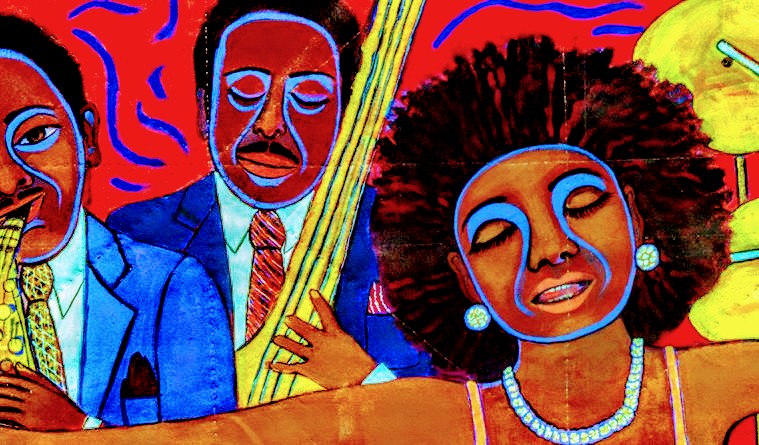
Its sad that people seem to only want to learn about Black American women when it comes to politics, and struggle. The feminine aesthetics is rarely observed and studied-with the exception of those institutions and centers, which do that. Contrary to the media, we do have a culture. In fact, we have many cultures. Connect with Black American women musicians, poets, painters, culinary makers, and areas, where Black American women are continuing to birth Black American aesthetics and culture. Remember that we are more than just struggle. We are women, and like other women, we enjoy the beauties of womanhood, as well. As a non-Black American woman, if you are going to Black American men to ask about the culture, you are ignoring the feminine presence; and therefore, contributing to racism.
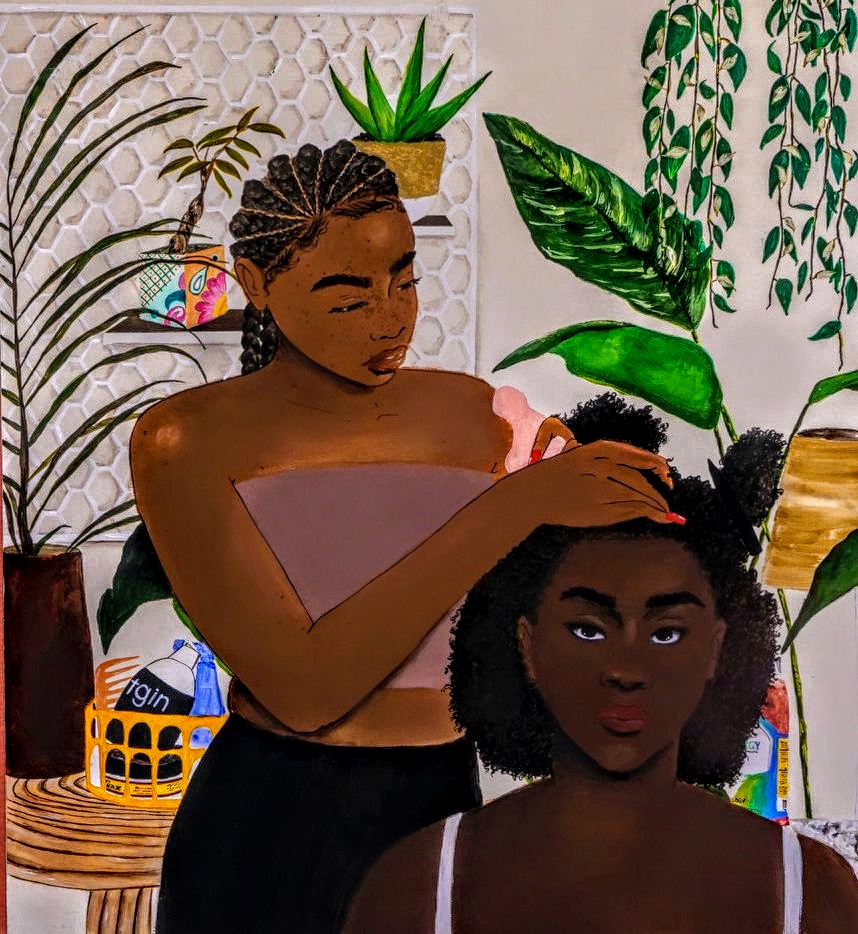
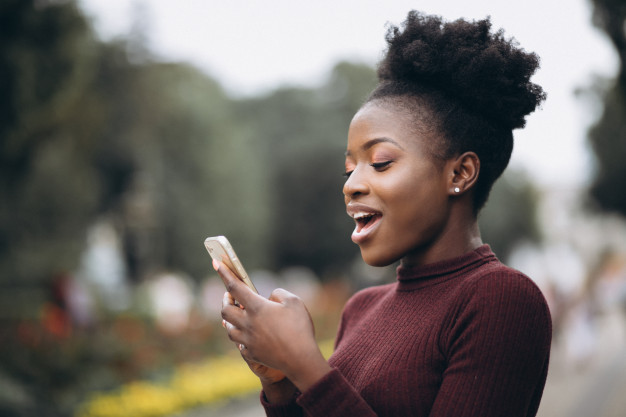
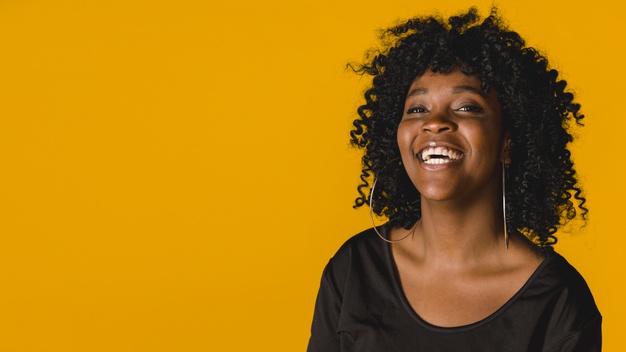
6. Leave Your Pity At the Door
Whatever ideas of “pity” you have for Black American women, leave it outside. We don’t need your “pity.” Pity does nothing, but prevent a people from reaching their potential. Black American mothers and maidens do not need anyone to feel sorry for them. Contrary to the centuries of injustices we have suffered, we have overcome them. We are intelligent and have produced great things. You can empathize, and connect with another woman’s pain, but pity does nothing to create solutions.
7. Make sure that you are also connected, and have a strong foundation within your own community.
Before coming into Black American communities, and wanting to support us in our issues, when was the last time that you checked into your own community? This is very important, as women who have done the work to create foundation within their own communities, do not come in with a “Savior complex.” In fact, they come to support. With real support, comes a healthy exchange between two or more cultures of women. By having that foundation, you can make a real partnership in an alliance, not the illusion of it.
8. Talking about Black American issues, in front of Black American women, without acknowledging or engaging us, is disrespectful.
Again, if you talk about another woman’s culture, without acknowledging their presence, it shows another form of racism. Talking about the plight of Black American men in front of Black American women, and ignoring the culture of women they come from is racist, and it goes to show an element of racial/color/religious superiority-of womanhood that you currently feel.
9. We do not need to hear about you having a Black American woman friend, your nanny who raised you, or that you have/had a Black American boyfriend, male friend, political sidekick, or husband, in trying to gain points for joining the cause.
If you are truly serious about supporting Black American communities, during this time, your actions will speak more. You will work with Black American women, and will do the work of supporting them, so that we can continue supporting our own communities. If Number 9 is true, then you should know the culture-including women and girls. Being connected with one Black American person, a few, or many, does not qualify you as having supported the community. Being an ally means sending resources or methodologies of support to the women, so that they can direct those resources among their own people.
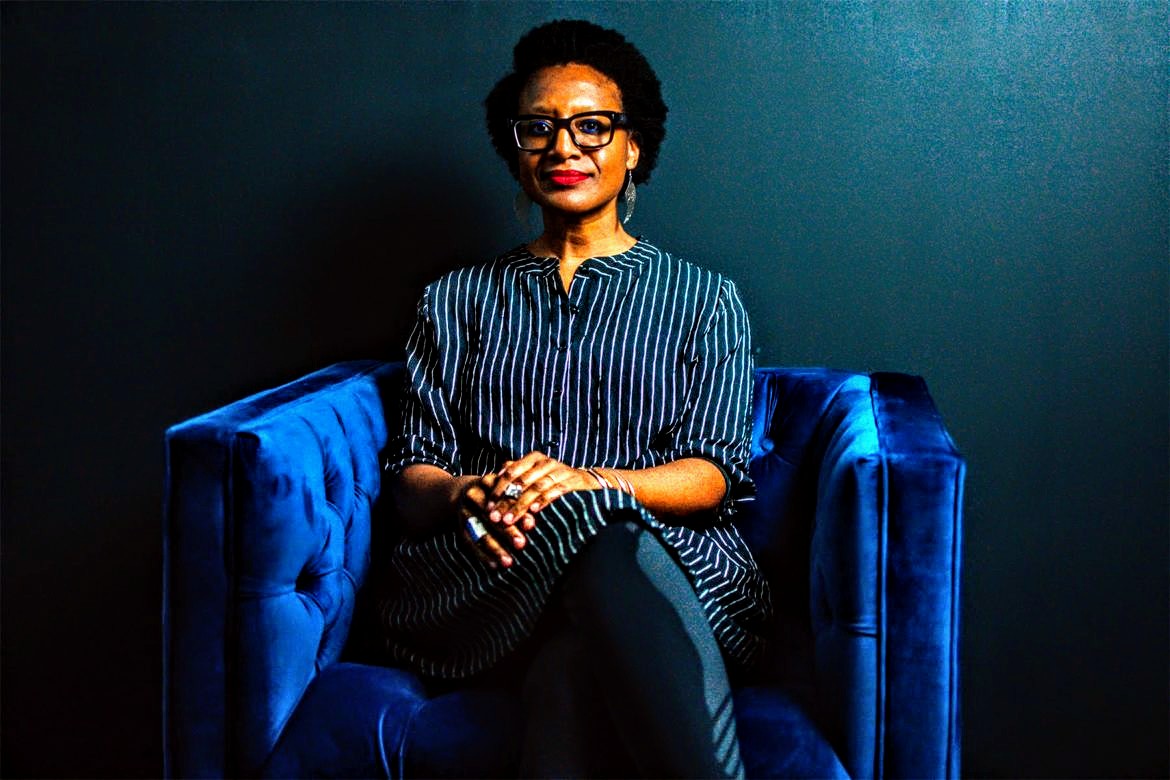
As we continue in conversations and talks, pertaining to George Floyd, let’s remember that he comes from a community. In every community, there is a feminine presence. True engagement with a culture requires supporting the women. It means that you have gone to the women to see what it is that they need. Not entering in “Queen mode” to “save” the community (and culture), from themselves. That’s simply another form of racism, and colorism. Enter to learn, and you will find that such an alliance can be more holistic and healthy, than what you have ever experienced before. Experiencing the feminine touch of Black America, in a way you may never have done, before.
